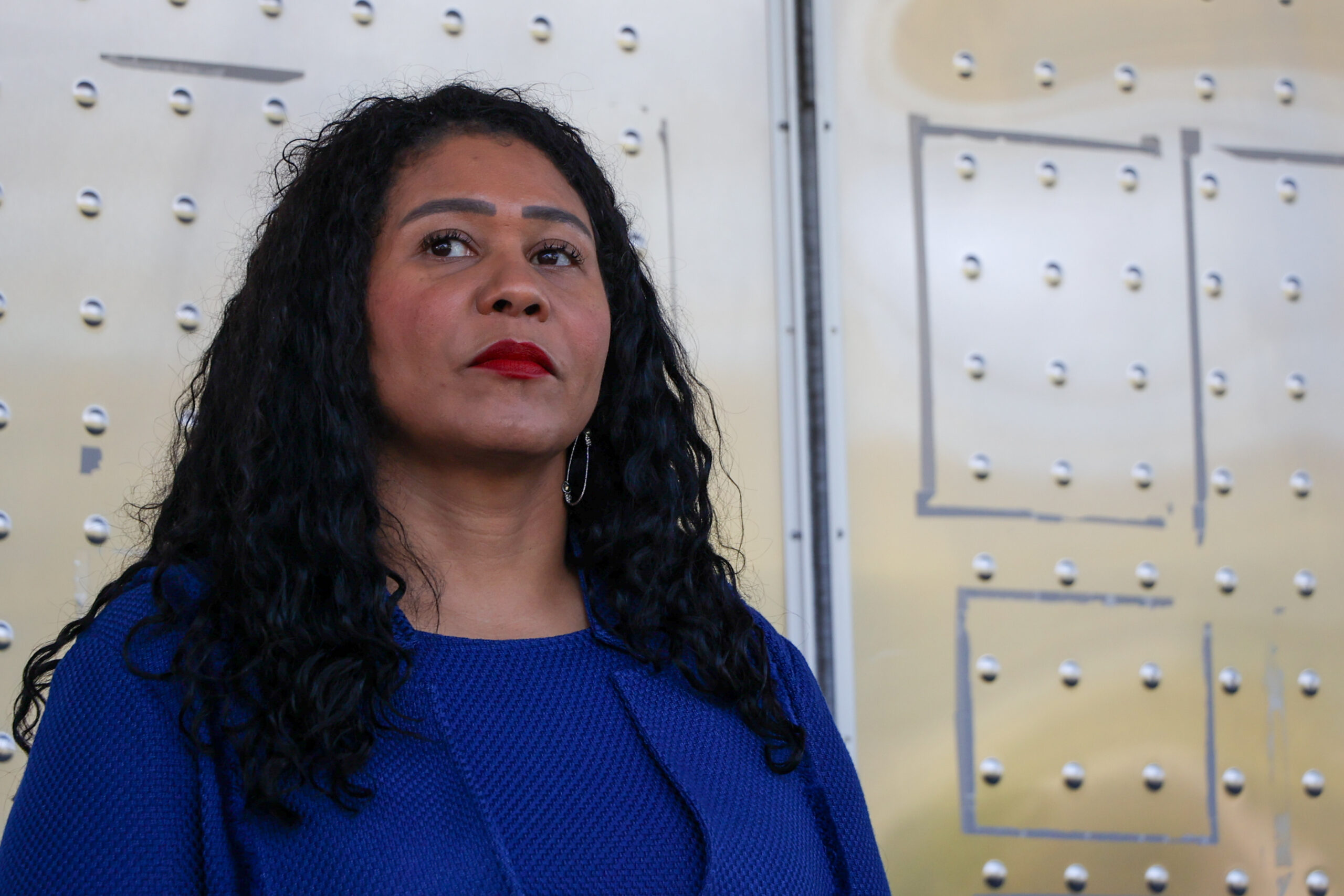Only two weeks after Mayor London Breed and San Francisco supervisors declared a state of emergency in the Tenderloin, the city’s top elected official is already pointing to a number of successful interventions when it comes to getting people off the streets and rooting out crime. But a closer look at the data suggests the mayor may be taking too much credit for operations that were already underway.
The mayor’s office sent out a press release Tuesday touting successes as part of a “broader intervention,” and the mayor’s spokesperson, Andy Lynch, told The Standard that the office felt “comfortable” highlighting certain data points because the emergency declaration helped departments collaborate in a way that was previously unachievable.
In some cases this is true, but in others it appears little has changed in the Tenderloin in the first two weeks of the emergency response. Here is a closer look at where things stand:
Requests for Service
The Mayor’s Release: 1,044 requests for service in the Tenderloin have been responded to by Public Works over the last two weeks, including removing 463 tons of waste and power washing 284 locations
The mayor’s claim that the Department of Public Works responded to this many calls for service is a bit strange, because usually this work is done by multiple agencies, including the Department of Public Health, Recology and the Healthy Streets Operations Center. DataSF shows the most recent number of fulfilled service requests in the Tenderloin was slightly above the median for “311” calls in the neighborhood. In 2021, officials in the Tenderloin Police District responded to an average of 912 requests for service every two weeks (the last data point available for the month of December was 1,912 total calls for service). City workers closed the highest number of 311 cases during the summer. The mayor’s office could not be reached to explain why it attributed 1,044 fulfilled service requests to Pubic Works, and a spokesperson for the agency has yet to provide a clarification.
Arrests
The Mayor’s Release: 33 arrests made by SFPD for drug dealing related offenses in the last three weeks, including over 3,164 grams of fentanyl seized
Police in the Tenderloin made an average of 29 drug dealing-related arrests every two weeks in 2021, while the median amount of fentanyl seized during the same timeframe stood at 1,473 grams. It’s unclear how law enforcement has ramped up in the Tenderloin since the emergency declaration, as just four more arrests were made than the average. However, the amount of drugs reportedly seized suggests some larger busts occurred.
Shelter and Outreach
The Mayor’s Release:
City outreach teams moved 58 people into a non-congregate shelter last week, but this effort was not related to the emergency ordinance, according to a representative from the Department of Homelessness and Supportive Housing. The 58 people were moved into a lodging that had previously served as a pandemic shelter-in-place hotel and was re-opened on Dec. 27 as a non–congregate shelter to house people who would’ve otherwise been ineligible under FEMA’s strict guidelines.
Meanwhile, Street Crisis Response Team data shows that an average of 45 people were either taken to a hospital, linked and transported to behavioral health setting, or placed in a 5150 hold — an involuntary detainment of 72 hours — every two weeks in 2021. It’s unclear how many of these cases took place in the Tenderloin versus other parts of the city.
Key Questions
How does the Department of Public Health plan to add 200 positions over the next 90 days?
DPH officials told The Standard in a statement that the emergency ordinance waives certain laws around hiring and the agency plans to fill approximately 90 of 200 vacant positions in the next three months. The hirees will work as part of the Mental Health SF initiative and Behavioral Health Services, which were both unable to hire over the last two years “due to restrictions associated with the COVID-19 pandemic.”
The list of positions includes:
Why didn’t the city tap into emergency funds for the linkage center?
The Department of Emergency Management didn’t make any requests for emergency funds, according to the City Controller’s office. The emergency ordinance was employed to bypass any potential delays by a Board of Supervisors vote. An example of such a delay occurred Wednesday, when the Budget and Finance Committee voted to hold off on implementing a non–congregate shelter on 711 Post Street. The city currently has only one other non-congregate shelter. Meanwhile, the city has 1,227 people staying in shelter-in-place hotels, which require guests to be at risk for serious cases of Covid under FEMA’s reimbursement guidelines.
David Sjostedt is a staff writer at The Standard. He can be reached at david@sfstandard.com.
